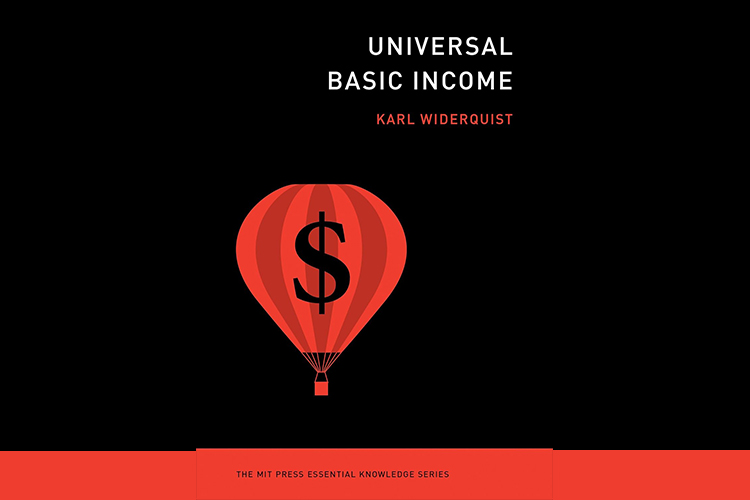With the global wealth gap growing each year, Georgetown University in Qatar (GU-Q) Professor Karl Widerquist’s new book Universal Basic Income, part of MIT Press’s “Essential Knowledge” series, asks whether a small cash income, sufficient for basic needs, ought to be provided regularly and unconditionally to every citizen.
The book is the first short, accessible introduction to Universal Basic Income (UBI) presented by a prominent U.S. publisher. The book is written for the average citizen, and answers fundamental questions including what UBI is, how it works, and arguments for and against it. Drawing on extensive evidence, Dr. Widerquist examines the likely cost and economic and social benefits of its implementation, and presents reasons for believing it is a tremendously important reform.
Since its inception more than two hundred years ago, the idea of UBI has gained traction several times, but is currently experiencing its largest wave of support, explains Dr. Widerquist, who holds doctorate degrees in both Economics and Political Theory. “Now more than ever, conditions in much of the world are ripe for UBI enthusiasm to keep growing, and there are good reasons to believe that this current wave of support will eventually lead to the adoption of UBI in several countries around the world,” he said.
Universal Basic Income: Essential Knowledge is therefore a timely offering aimed at a wide readership which extends beyond academic circles. “Although every citizen can benefit from this book, it will be most interesting to people who are very engaged in the political process, like students and activists.”
The development of the book was shaped by the inspiring research environment at GU-Q, where Widerquist has worked since 2009. The extensive support and resources available in the library and online were invaluable, along with the assistance of talented GU-Q student research assistants who have since graduated, including Anjali Singh (GU-Q’23) and Muhammad Carter (SFS’23). In exchange for mentorship and the opportunity to gain experience on a publication project, the students provided early copyediting assistance, and helped transcribe the lectures which will become Dr. Widerquist’s next book project.
UBI has been central to Dr. Widerquist’s research and scholarly work for over 20 years. He is the author, coauthor, or editor of 11 books, including Independence, Propertylessness, and Basic Income, A Critical Analysis of Basic Income Experiments, and the Prehistory of Private Property. A prominent scholar in the field of UBI, Dr. Widerquist has consulted on a number of UBI pilot schemes including for the Government of Catalan.
For more information on Georgetown Qatar’s faculty and student news, please visit the website at https://www.qatar.georgetown.edu/news/.



